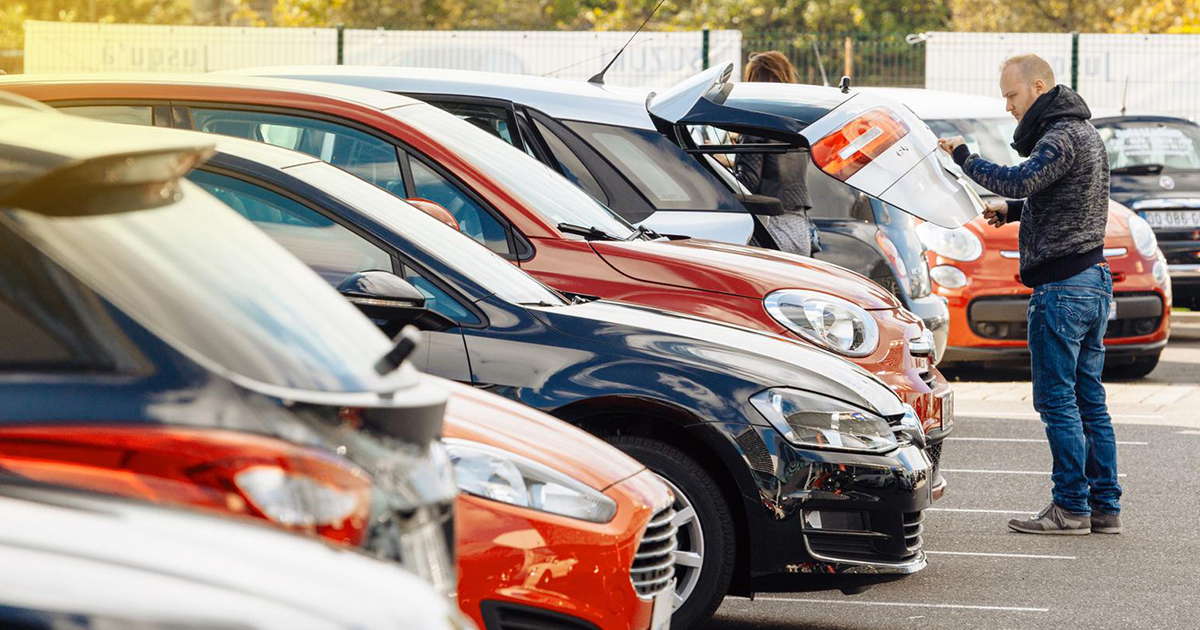Determining the accurate value of a used car is crucial for both buyers and sellers. Whether you’re planning to sell your vehicle or purchase a pre-owned car, understanding its true worth helps you make informed decisions. This comprehensive guide delves into the factors influencing used car values, the methods to get an accurate valuation, and tips for maximizing your car’s worth.

Factors Influencing Used Car Values
Several elements impact the valuation of a used car. Understanding these factors can help you better assess a vehicle’s worth.
Age and Mileage
Age and mileage are primary determinants of a car’s value. Generally, the older the vehicle and the higher its mileage, the lower its value. However, well-maintained older cars with lower mileage can still hold significant value.
Depreciation Rate
Cars depreciate over time, with the most significant drop occurring in the first few years. Some makes and models depreciate faster than others, influenced by factors like reliability, brand reputation, and market demand.
Condition of the Vehicle
The condition of a car significantly affects its value. Factors such as exterior and interior wear, mechanical issues, and maintenance history play a crucial role.
Cosmetic Condition
A car with a pristine exterior and a well-kept interior is likely to fetch a higher price. Dents, scratches, and worn-out interiors can reduce a vehicle’s value.
Mechanical Health
The mechanical condition of the car, including the engine, transmission, brakes, and other essential systems, heavily influences its valuation. A vehicle with a clean bill of health and no major repairs needed is more valuable.
Market Demand
Market demand for specific makes and models can impact used car values. Popular models or those with high reliability ratings often retain their value better than less popular or less reliable cars.
Regional Variations
Demand can vary by region. For example, all-wheel-drive vehicles may be more valuable in areas with harsh winters, while convertibles might be in higher demand in warmer climates.
Methods to Get an Accurate Vehicle Valuation
There are several ways to obtain an accurate valuation of a used car. Each method provides valuable insights that can help determine a fair market price.
Online Valuation Tools
Online tools offer a convenient way to estimate a car’s value. Websites like Kelley Blue Book, Edmunds, and NADA Guides provide free valuations based on extensive databases of vehicle sales and market trends.
Using Online Tools
To use these tools, input the car’s make, model, year, mileage, and condition. The tools then provide a range of values, often categorized by private party sales, trade-in value, and dealer retail price.
Professional Appraisals
Professional appraisals provide a thorough and accurate valuation. Appraisers consider various factors, including the vehicle’s condition, market demand, and comparable sales.
Hiring an Appraiser
Hiring a certified appraiser ensures a detailed assessment. Appraisers inspect the car in person, providing a comprehensive report that can be especially useful for high-value or classic cars.
Dealer Valuation
Dealers can also provide valuations, often as part of the trade-in process. While dealer valuations can be convenient, they may be lower than private party values, as dealers need to account for resale profit margins.
Trade-In Offers
When considering a trade-in, obtain quotes from multiple dealers to ensure a competitive offer. Dealer valuations can vary, so shopping around can help you get the best price.
Tips for Maximizing Your Car’s Value
If you’re selling a used car, certain steps can help you achieve the best possible price.
Maintain Regular Service
Keeping up with regular maintenance not only ensures your car runs smoothly but also helps retain its value.
Service Records
Maintain detailed service records to show potential buyers that the car has been well cared for. Proof of regular oil changes, tire rotations, and other routine services can positively influence a buyer’s perception.
Address Minor Repairs
Fixing minor issues before selling can significantly boost your car’s value.
Cosmetic Repairs
Invest in minor cosmetic repairs like removing dents, fixing scratches, and cleaning the interior. A car that looks well-maintained is more attractive to buyers.
Mechanical Repairs
Address minor mechanical issues such as brake pads, tires, or fluid leaks. Ensuring the car is mechanically sound can prevent buyers from negotiating lower prices due to anticipated repair costs.
Detail the Car
Detailing your car before selling can make a substantial difference in its presentation.
Professional Detailing
Consider professional detailing services to thoroughly clean and polish your car. A detailed car looks more appealing and signals to buyers that it has been well-maintained.
Price Competitively
Setting a competitive price is crucial for attracting buyers. Overpricing can deter interest, while underpricing means you may not get the best possible return.
Research Market Prices
Research similar cars in your area to understand the going rates. Adjust your price based on your car’s condition, mileage, and any additional features it may have.
Conclusion
Getting an accurate valuation for a used car is essential for making informed buying or selling decisions. By understanding the factors that influence a car’s value and utilizing various valuation methods, you can ensure you receive or pay a fair price. Additionally, taking steps to maintain and present your car in the best possible condition can maximize its value, leading to a more successful transaction. Whether you’re in the market to buy or sell, a well-informed approach to car valuation can make all the difference in achieving a satisfactory deal.
